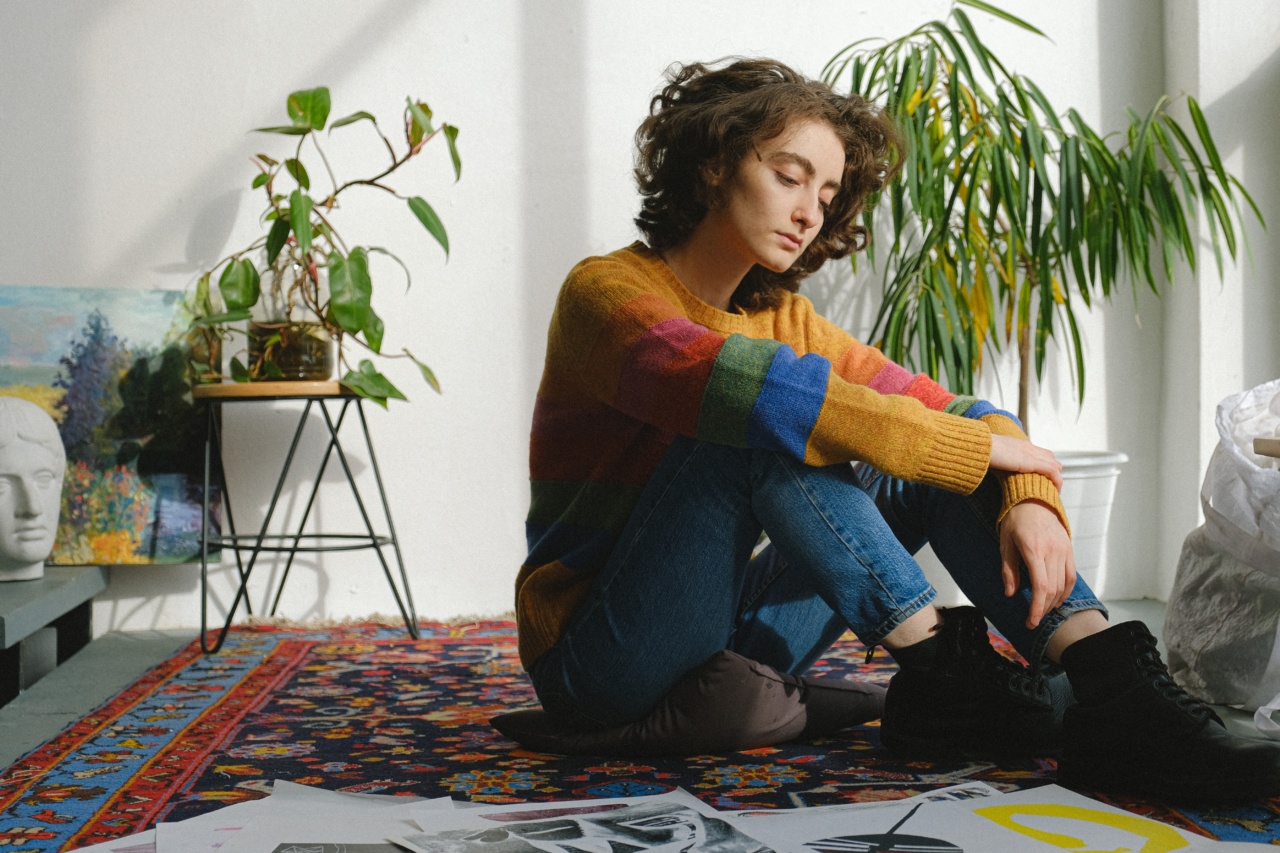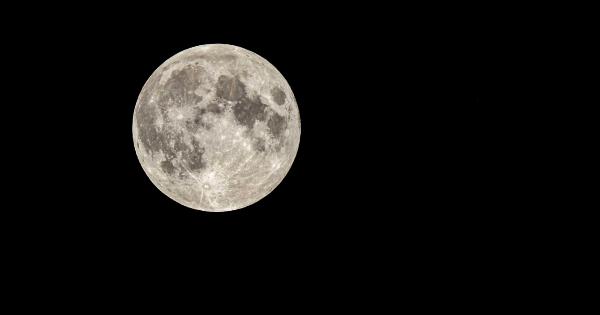Many people believe that spending long hours in a dimly lit environment is a harmless practice. Others have become accustomed to the low amount of natural light in their daily lives, making them oblivious to its potential effects on their mental health.
However, a recent study has shown that exposure to minimal light levels is linked to higher rates of depression in individuals.
The Study
The study, conducted by Northwestern Medicine and published in the Journal of Affective Disorders, involved analyzing the light exposure patterns of 100 healthy individuals over a week.
Participants were asked to wear wrist monitors that tracked light intensity, and they also kept journals of their daily activity and mood levels.
The results of the study revealed that those who spent most of their days in dim environments experienced worse moods and depression symptoms compared to individuals exposed to more light during the day.
Those who spent less than an hour in the sun each day, for instance, were more likely to report feelings of sadness, hopelessness, and lack of motivation.
The Link between Light and Depression
It’s not entirely clear why exposure to minimal light levels is linked to higher rates of depression.
However, experts suggest that the absence of natural light interrupts our circadian rhythm, a 24-hour internal “clock” that regulates our sleep-wake cycle and other physiological processes. When our circadian rhythm is disrupted, our body’s natural production of melatonin, a hormone that regulates sleep, is also affected. This can lead to sleep disturbances, which are a common symptom of depression.
Moreover, exposure to natural light is known to trigger the release of serotonin, a neurotransmitter that is associated with feelings of happiness and well-being.
Therefore, minimal exposure to natural light could lead to a decrease in serotonin production, ultimately affecting our mood levels.
How to Increase Exposure to Natural Light
If you’re concerned about the link between light exposure and depression, here are some tips to help you improve your exposure to natural light:.
1. Spend Time Outside
Spending just a few minutes outside each day can make a significant difference in your exposure to natural light.
Whether you take a quick walk during your lunch break, sit outside while enjoying your morning coffee, or do some gardening, spending even just 15-30 minutes outside can help boost your mood and energy levels.
2. Open Your Blinds and Curtains
If you work or spend a lot of time indoors, make sure to open your blinds and curtains to increase your exposure to natural light. If possible, try to position yourself near a window where you can enjoy the view and soak up some rays.
3. Invest in Light Therapy
If you live in an area with minimal sunlight or find it challenging to increase your exposure to natural light, consider investing in light therapy.
Light therapy involves using artificial light sources that mimic natural light to regulate your body’s internal clock and improve your mood.
Conclusion
While the relationship between light exposure and depression is complex, there is no denying the effect that natural light can have on our mood and overall well-being.
By making small changes to our daily habits and routines, we can increase our exposure to natural light and potentially reduce our risk of experiencing depression symptoms.





























